Top 10 South Korean Movies In The Last Two Decades

South Korean cinema is best known for their on-screen, no-holds-barred, grotesque violence that would find space in the list of the most unsettling movies. The biggest name in Korean cinema continues to be Park Chan-wook, with his international success opening up Korean cinema for similar directors, who make genre films aimed at popular domestic and international festival crowds.
10. MOONLIT WINTER | DAE HYUNG LIM | 2019
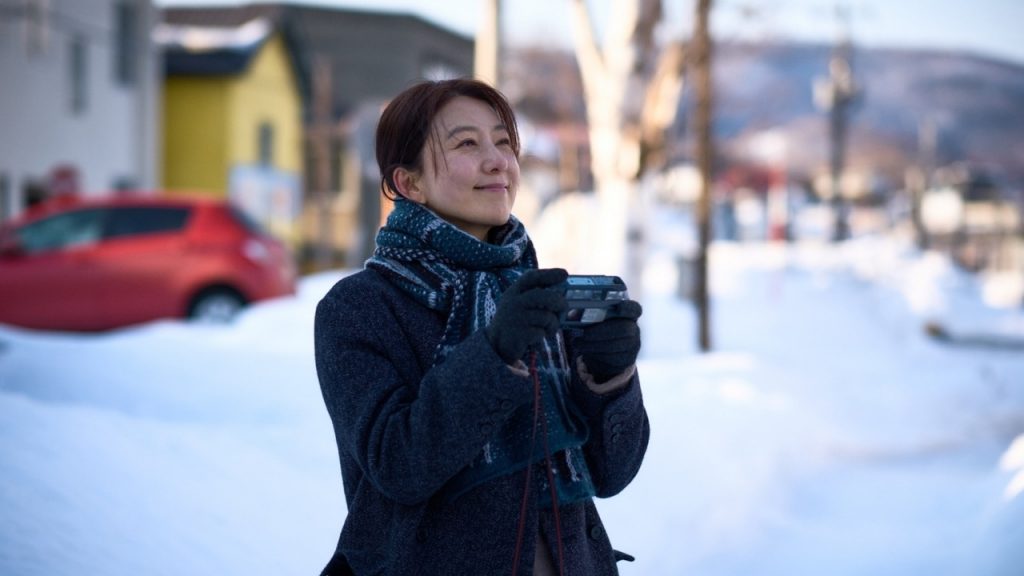
In his sophomore film ‘Moonlit Winter’, Lim Dae-Hyung shifts his focus to mother and daughter’s strained relationship after portraying father and son relationship in his debut film Merry Christmas Mr Mo (2016). Lim takes a conventional story of a wobbly relationship that crawls towards a reconciliation; however, that’s a mirage filmmaker plants to deal with something more sensitive and controversial for Korean society.
Kim Hee-ae stars as a middle-aged woman who bottle up a secret that eats her inside out, subsequently resulting in divorce and bitter life. The shadows of her past haunt her back when accidentally her estranged daughter reads a letter to her. The subdued narrative is told in an unhurried manner with such pensive sadness that it will crush your heart and throws you in a black hole of melancholy. It stirs such a tsunami of forlorn emotions that it will be difficult to shrug off.
9. THE HANDMAIDEN | PARK CHAN-WOOK | 2016

“The Handmaiden” swarms with multiple things at once: an alluring romantic period piece, a psychological sensual drama, an extended commentary on Japan’s occupation of Korea in the 1930s, a con story where the con man gets conned; more than anything, “The Handmaiden” is an accomplished, visceral cinematic exercise that packs disquieting fable of love, deception, and liberation of women that piles on expensive imagery.
8. BURNING | LEE CHANG-DONG | 2018

“Burning” is a stunning, opaque, ambiguous riddle-story, filled with uncertain turns of events. It’s a well-crafted film, with muted cinematography, and absolute control of its writing, as displayed in the powerful characterization.
The greatest achievement of “Burning” lies in the controlled and restrained narration that uses minimal exposition, relying on visual cues to express the airtight tension among the characters. The anger, grief, rage, love, and envy are never explicitly expressed. Rather, they are internalized in uncomfortable silences, and further heightened by Kim Da-won’s unsettling score.
7. TREELESS MOUNTAIN | SO YONG KIM | 2008
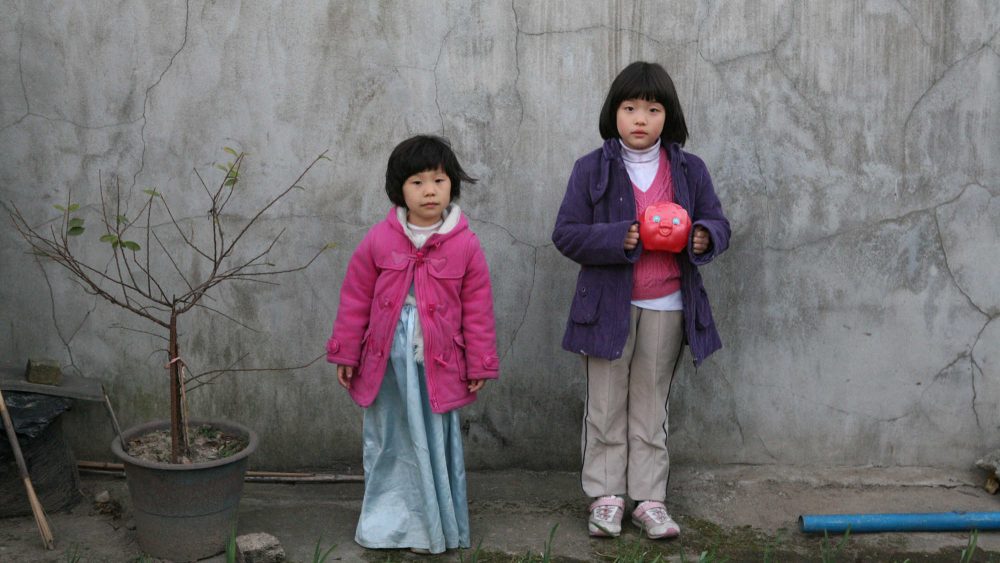
“Treeless Mountain” is a piercing, minimalist movie that smartly avoids sentimentalism for finding the naturalism in its narrative and characters. It is about two innocent girls, 7 YO Jin and her younger sister Bin, who are left by their distraught mother in the care of their aunt while she attempts to reconcile with her delinquent husband. In one of the scenes, Aunt (Mi Hyang Kim) scolds a 5-year-old Bin for peeing in bed. The girl sincerely asserts a couple of times that she did not pee in bed. It is her 7-year-old elder sister Jin who has wet the bed, but Jin remains a silent spectator out of embarrassment.
6. SECRET SUNSHINE | LEE CHANG-DONG | 2007
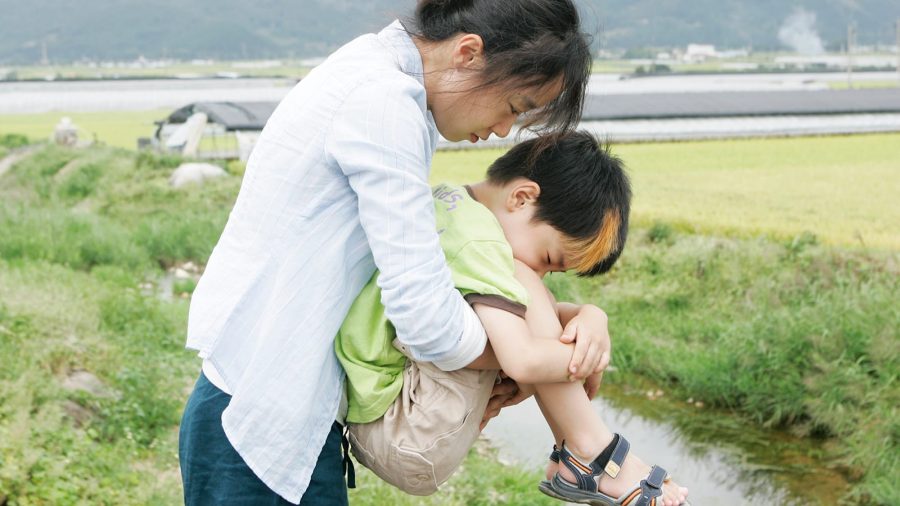
Secret Sunshine is an unflinching, lyrical drama that gets emotionally taxing as we get to know more about meek and genial Shin-ae (Jeon Do-Yeon). Lee Chang-dong’s dense narrative is brimming with the emotional and psychological breakdowns that Shin-ae experiences while grieving over the loss of her son. The opening scene of the film foreshadows the fate of Shin-ae and her son. They are stuck in the middle of the highway, looking for help while moving to Miryang (literally translates to Secret Sunshine in Chinese). She wishes to restart a fresh life in her husband’s native land, after his death.
Her unsettled life takes a tragic turn when her son is kidnapped and later found dead, leading her to the struggle of finding peace amidst the personal loss, grief, leveling disillusionment, and shaky faith. Jeon Do-Yeon gives a committed and superlative performance that won her Best Actress awards at 60th Cannes Film Festival.
5. THE KING AND THE CLOWN | LEE JOON-IK |2005
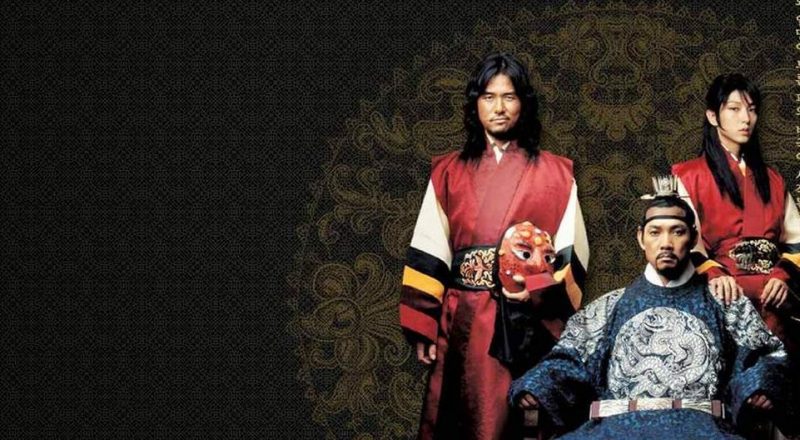
The King and the Clown is a historical tragic-comedy. It’s a subtle and nuanced exploration of sexuality, love, jealousy, and madness neatly decorated in the backdrop of 15th-century Korean socio-culture elements, during the reign of King Yeonsan. The layered narrative, powerful monologues, and dramatic tropes form a tragic conundrum remarkably reminding of Shakespearean tragedy.
Adapted from the stage play, Yi (“You”), the film director ‘Lee Joon-ik’ and the screenwriter ‘Choi Seok-hwan’ deconstructs the interpersonal and intrapersonal relationships of two ill-fated traveling clowns who get tangled in a web of compassion, kindness, and longing for a good life.
4. THE WAILING | NA HONG-JIN | 2016

Na Hong-jin seamlessly blends multiple genres with ease, constructing a psychological horror involving satanic cult and ancient folk tale. “The Wailing” is like a giant monster who is is not visible, but its terrorizing, ominous presence of supernatural force is felt through the eerie silence like you are about to be gulped by the rain of horror.
Set in a small mountain town of South-Korea, village dwellers find themselves in the worst nightmare – the mysterious killing of dwellers with no suspect. Na Hong-jin let the central plot grow organically with the time while keeping its audiences busy setting the puzzling trap of horror, served with the dash of doleful humor. This horror gem is certainly one of the best Korean movies of the century.
3. PEPPERMINT CANDY | LEE CHANG-DONG | 2000
Lee Chang-dong’s ‘Peppermint Candy’ is an unflinching and unhurried examination of a man in the backdrop of the ever-changing and volatile sociopolitical environment in Korea. The five phases in the protagonist’s life form the narrative in Peppermint Candy. It is structured in reverse order and opens with his suicide on the bridge, then goes back in time to his college days. It does a psychological exploration of Young Ho (Sol Kyung-gu) after he accidentally shoots an innocent girl during the Gwangju massacre in the 1980s.
It leaves a scar on his psychology that turns into a blister under the military dictatorship in the Korean government, during the 1980s, to the economic crisis in the 1990s, within the Korean government. Peppermint Candy also explores the rise of masculinity in Korean society that chews up the relationship of Young Ho with his wife and enables the toxic behavior in him. Director Lee Chang-Dong explores one of the most tragic moments in Korean history in an extremely powerful way by portraying a male character who struggles within the militarized society.
2. MEMORIES OF MURDER | BONG JOON-HO | 2003
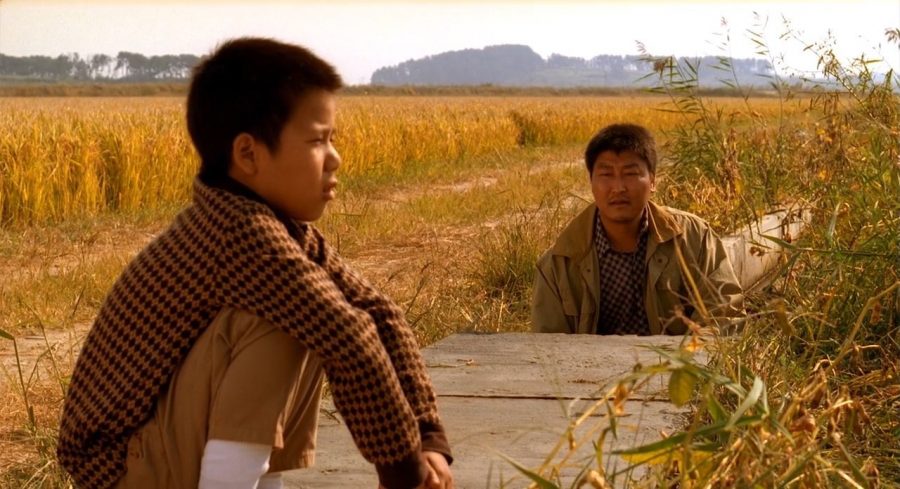
Richly detailed and nerve-racking, “Memories of Murder” is a masterful work in character study and in creating the disquieting tension throughout the film. The muted color cinematography and the vast emptiness of the fields in the rain create a sense of horror lurking in every frame. The ritualistic serial killing of women in the small town of South Korea brings the two inept local police officers along with a calm and sensible Seoul officer to crack the case.





